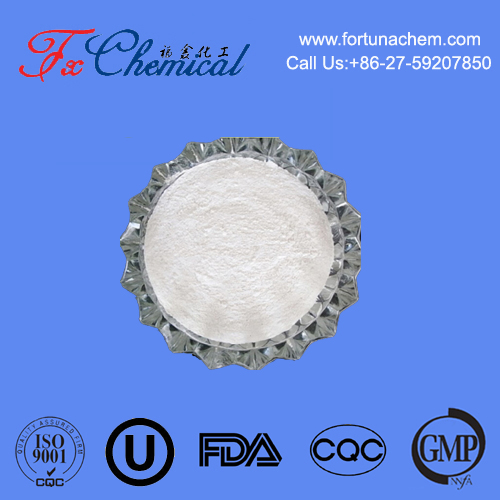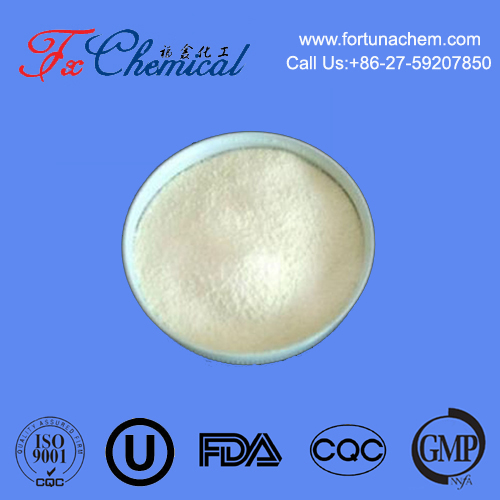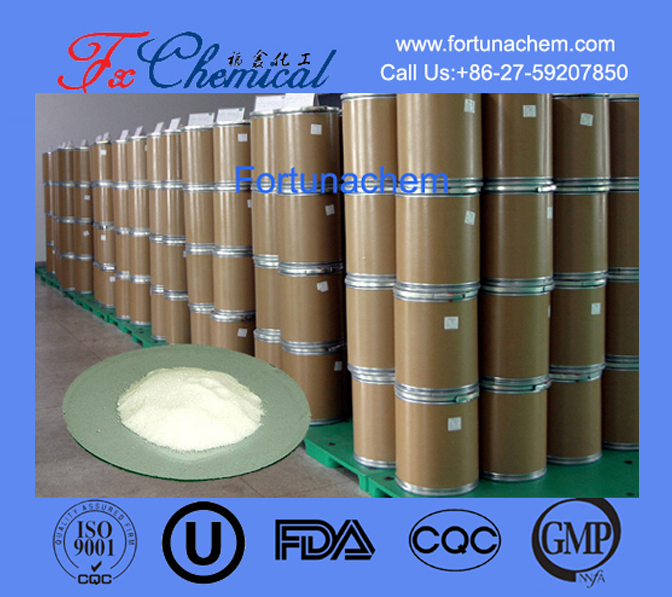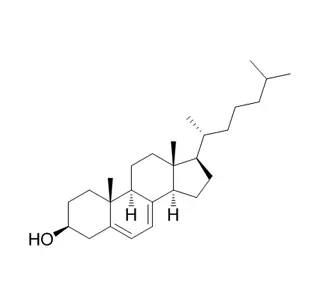
Search

Search

主图.jpg)

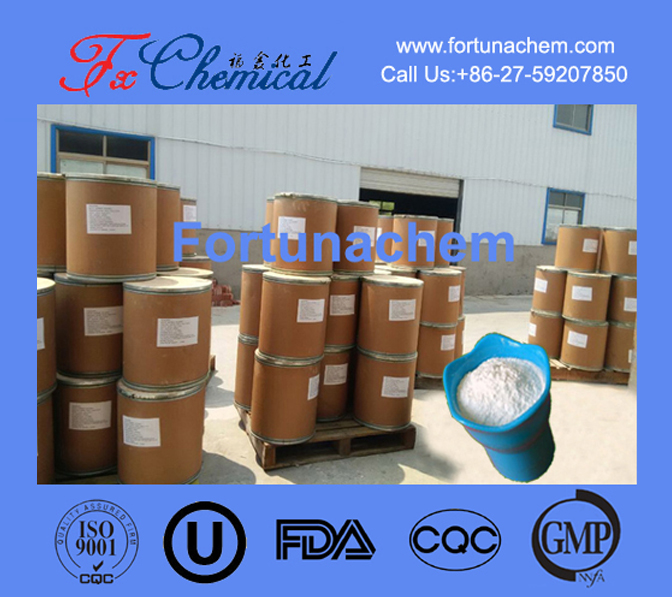


主图.jpg)




N,N-Bis(trifluoromethylsulfonyl)aniline is used as a pharmaceutical intermediate.
N,N-Bis(trifluoromethylsulfonyl)aniline is one of the commonly used perfluoroalkyl sulfonylation reagents, generally used for perfluoroalkyl sulfonylation of phenolic hydroxyl, amino and enols, with high reactivity and excellent selectivity. N,N-Bis(trifluoromethylsulfonyl)aniline is used for enantioselective synthesis of β-amino acids by the Mannich reaction. It is used in the synthesis of sphingosine 1-phosphate-1 receptor agonist and can be used in pharmaceutical applications.
| item | specification | result |
| Appearance | white crystalline powder | conform |
| purity | 99%min | 99.4% |
Welcome to inqury us to get the COA of N,N-Bis(trifluoromethylsulfonyl)aniline
| Product parameters | |
| Cas number: | 37595-74-7 |
| Appearance: | white crystalline powder |
| Purity: | 99.0%min |
| Package details: | 25Kg/Drum |
| Brand: | Fortunachem |
Common Abbreviations: Due to its long name, it is almost universally referred to by its abbreviations:
PhNTf₂
Comins' reagent (named after the chemist Daniel L. Comins who demonstrated its widespread utility)
Appearance: It is typically a white to off-white crystalline solid.
Reactivity: It is a powerful electrophilic triflating agent. This means it is excellent at introducing the -SO₂CF₃ group (triflyl group) into nucleophilic substrates.
Stability: The triflyl group (-SO₂CF₃) is one of the most electron-withdrawing groups known in organic chemistry. Anions derived from it (triflates, OTf⁻) are extremely stable and poor nucleophiles, which is key to their utility.
PhNTf₂ is a crucial reagent for synthesizing triflates (compounds containing the -OSO₂CF₃ functional group).
1. Synthesis of Triflates (Triflation):
The most common use of PhNTf₂ is to convert alcohols, enols, ketones, and other carbonyl compounds into their corresponding triflate esters (R–OTf).
R–OH + PhNTf₂ → R–OTf + PhNHTf
Why is this so valuable?
A triflate group (-OTf) is an exceptionally good leaving group—far superior to halides like chloride or bromide. It is approximately equivalent to a Tosylate (-OTs) but often more reactive.
2. Formation of Vinyl Triflates:
A particularly important application is the triflation of ketones to form vinyl triflates. These are versatile intermediates that can undergo various cross-coupling reactions, such as the Suzuki-Miyaura or Stille reactions, to form new carbon-carbon bonds. This is a standard method for converting carbonyl groups into alkenes.
3. As a reagent in other transformations:
It can also be used as a strong Lewis acid catalyst or activator in certain reactions due to the ability of the Tf group to stabilize carbocations and other reactive intermediates.
The triflate group (-OTf) installed by PhNTf₂ is a strategic functional group because it turns a relatively unreactive molecule (like an alcohol) into an extremely reactive electrophile. This allows chemists to perform transformations that would otherwise be impossible. The molecule bearing the triflate can readily undergo reactions like:
Nucleophilic substitution: The excellent leaving group ability allows even unreactive nucleophiles to displace it.
Cross-coupling reactions: Triflates are superb substrates for palladium-catalyzed coupling reactions (e.g., with Suzuki, Stille, Negishi reagents) to create complex carbon skeletons.
In summary, N-Phenyl-bis(trifluoromethanesulfonimide) (PhNTf₂, Comins' reagent) is an indispensable tool in modern synthetic organic chemistry for the preparation of highly reactive triflate esters, which serve as key intermediates for constructing complex molecules through subsequent substitution and cross-coupling reactions.


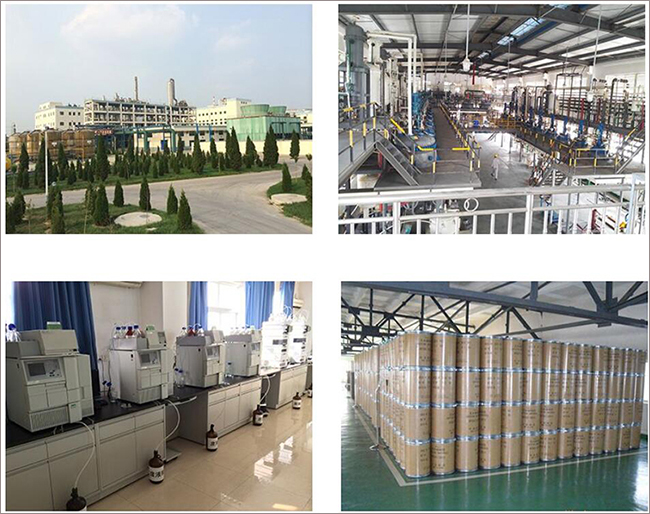
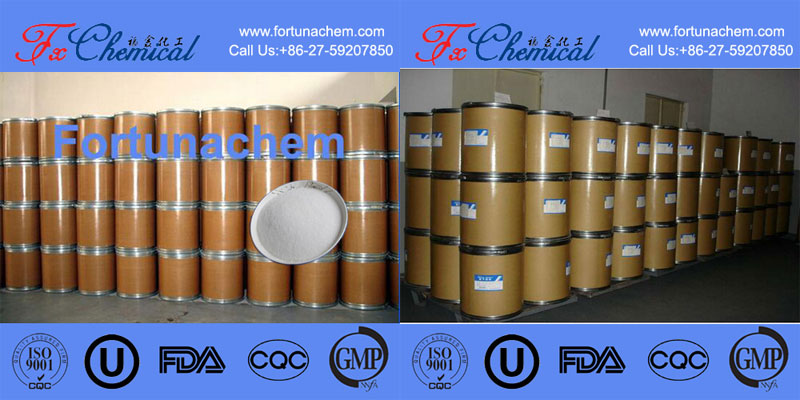

Fortunachem Provides Not Only Professional Chemical Products But Also Professional Help
Keeping you up-to-date with all the latest information, news, and events about Fortunachem!

Quick Links
Add:
E-mail:
 English
English  Español
Español  français
français  العربية
العربية 